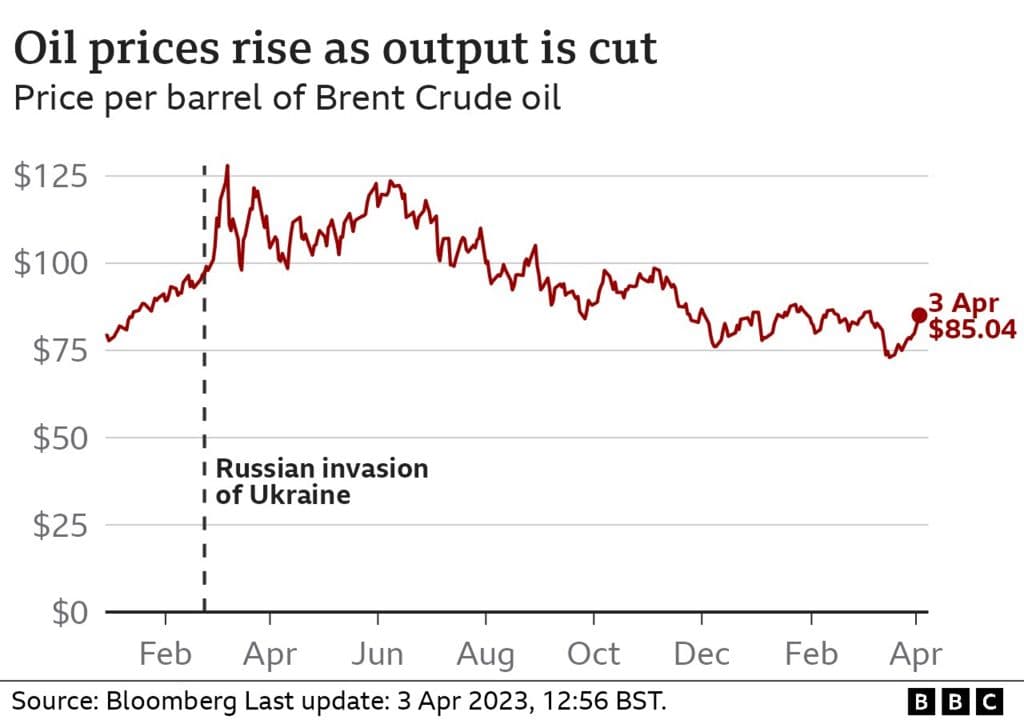Exxon Buys 40 Percent Stake in Bahia NGL Pipeline
Exxon Mobil agreed to acquire a 40 percent stake in Enterprise Products Partners' Bahia Natural Gas Liquids pipeline, a 550 mile link from the Permian and Delaware basins to Texas fractionation and export hubs. The deal, expected to close in early 2026 subject to regulatory approvals, tightens Exxon's position in U S midstream infrastructure and aims to capture rising NGL flows tied to petrochemical demand and global exports.

Exxon Mobil and Enterprise Products Partners announced on November 20 that Exxon would take a 40 percent ownership interest in the Bahia Natural Gas Liquids pipeline, a 550 mile project designed to move NGLs from Permian and Delaware basin production to fractionation and export facilities along the Texas Gulf Coast. The pipeline, operated by Enterprise, is slated to enter commercial service soon and the transaction is expected to close in early 2026 pending customary regulatory approval and closing conditions.
The acquisition marks a significant step by Exxon into the midstream segment that transports and conditions hydrocarbon liquids. For Exxon, the stake secures a long term link between its upstream production and downstream processing and export markets, reducing exposure to transport bottlenecks that have historically compressed producer netbacks in the Permian. For Enterprise, selling 40 percent of a marquee pipeline project monetizes capital while keeping operational control.
Economic and market implications are clear. The Bahia pipeline will add dedicated takeaway capacity from one of the fastest growing hydrocarbon regions in the United States. That capacity is critical as domestic petrochemical plants continue to expand and as Gulf Coast export terminals handle larger volumes for overseas markets. By providing more reliable flows to fractionators, the pipeline can help narrow basis differentials between Permian produced NGLs and Gulf Coast prices, improving producer revenue and supporting higher upstream drilling economics where associated gas yields NGLs.
Strategically, the transaction reflects a broader industry trend toward integration. Major oil companies have increasingly sought stakes in midstream and petrochemical assets to lock in feedstock supply and capture value across the full chain from extraction to finished products. That approach buffers companies against volatility in commodity prices and can provide steadier cash flow to fund capital intensive projects.
Regulatory review will be a focal point before closing. Authorities will assess customary legal and commercial factors and may scrutinize how access and tariffs are structured for third party shippers. Because Enterprise will remain the operator, market watchers expect negotiations to preserve open access principles that underpin competitive NGL markets.
Longer term, the deal underscores how U S shale production continues to reshape global petrochemical feedstock flows. Increased export capacity from the Gulf Coast has been a key driver of global competitiveness for U S producers, and infrastructure projects like Bahia are central to that dynamic. Investors will watch for how the pipeline affects enterprise value and cash flow profiles for both partners, and how increased takeaway capacity influences Permian drilling and gas associated production over the next several years.
With commercial operations imminent and a closing targeted for early 2026, the Exxon Enterprise tie up will be closely monitored by energy markets, producers and policy makers seeking to balance energy infrastructure expansion with competitive access and regulatory oversight.

